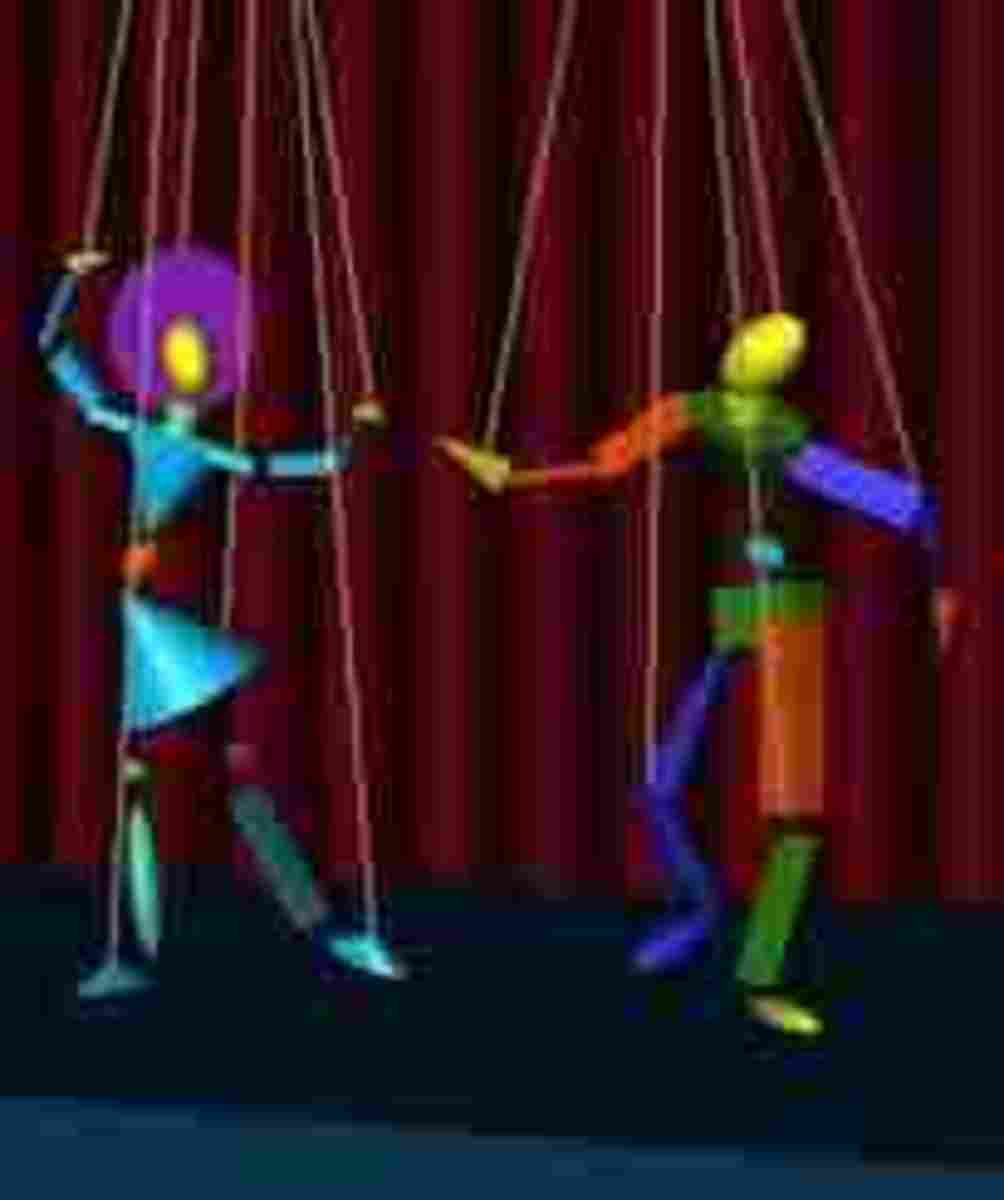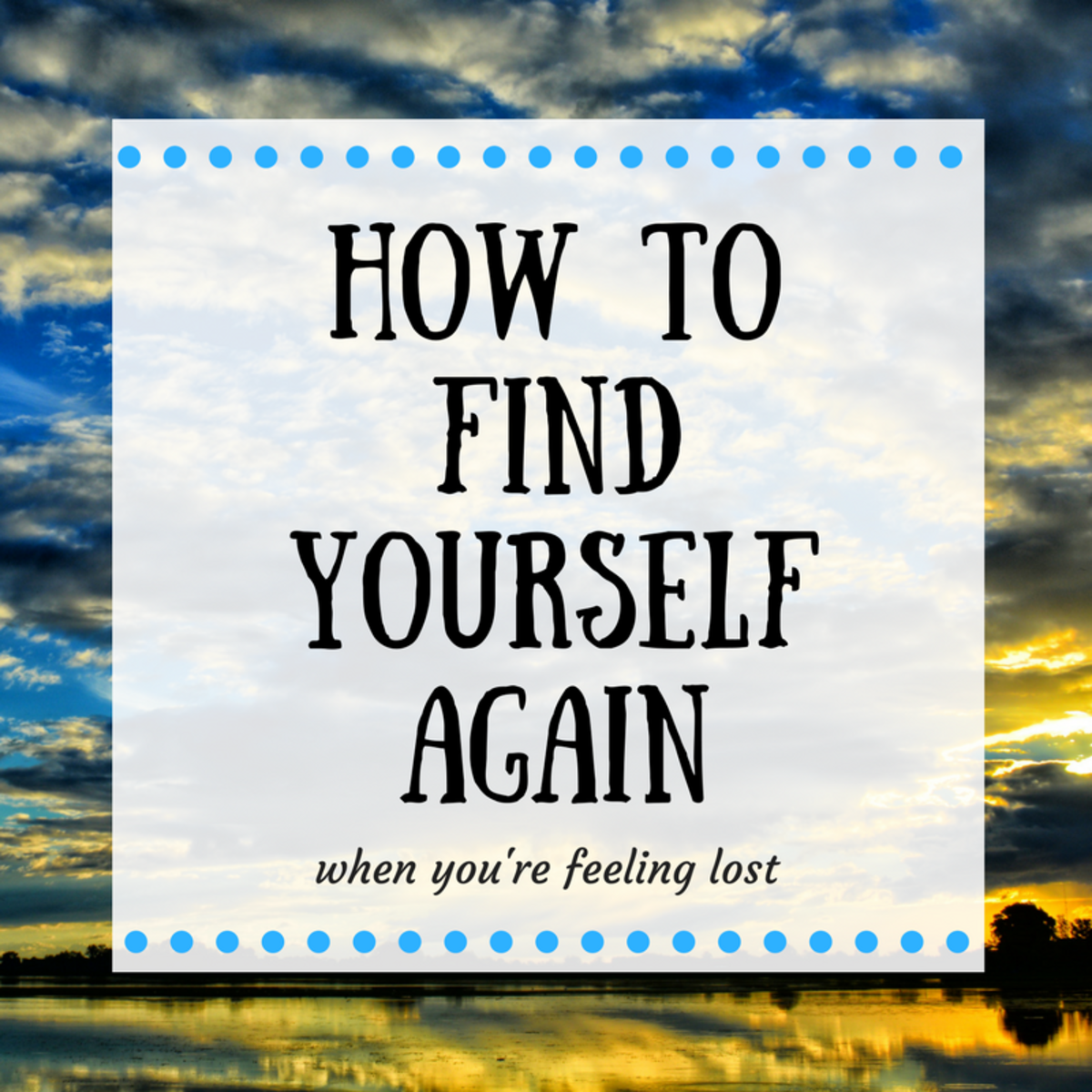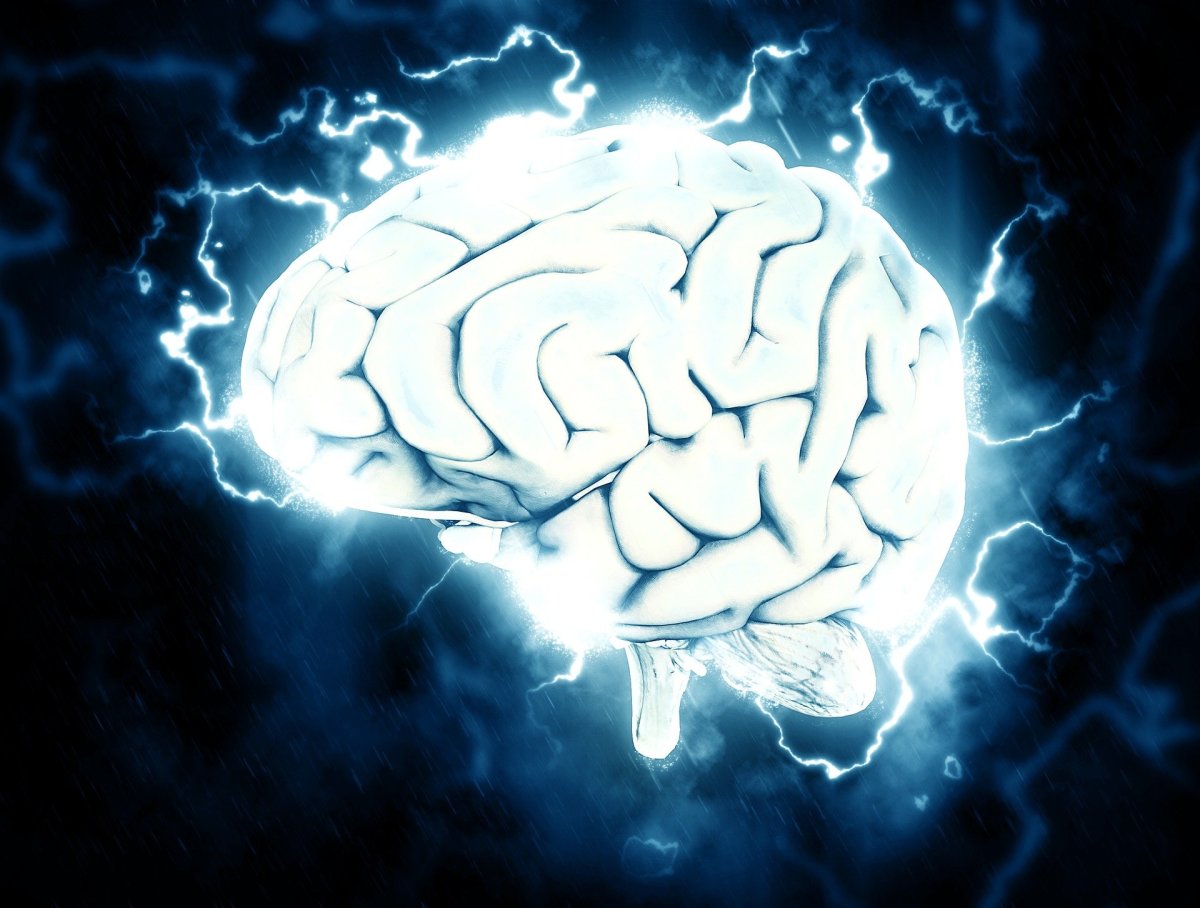Choosing Your Battles I: Depression

Depression
Statistics state that between 6 and 10% of American adults suffer clinical depression, keeping in mind the inevitable fact that many - perhaps even most - cases go unreported and undiagnosed. http://www.nimh.nih.gov/statistics/1MDD_ADULT.shtml
What I'm talking about when I say 'Depression' is not a rational reaction to distressing events; it's not angst; it's not grief; it's not something you can explain in reasonable terms, because it is not reasonable. It comes when it wishes, unannounced, and leaves often in the same manner. The difficulty of articulating it is perhaps illustrated more clearly by the fact that I have just attempted to begin describing it in negative terms; in mentioning what it is not, rather than describing what it is.
I was diagnosed with major depressive disorder a few years ago, but I've always struggled with it. Medications were not helpful to me, but I paid the price of not taking them by frequent defeats to paralyzing bouts of depression. I mostly missed my son's 11th birthday - not because I was physically absent, but because I was so ill with depression I could not manage to do any more than drag myself out of bed each day and accomplish barely minimal tasks.
After that, I hated myself for not being able to put together the elaborate birthday party I normally do for my children, customized to his requests. The self-hatred perpetuated the depression, and they fed each other in a vicious, endless, parasitic cycle.
Depression for me is like a thick, heavy blanket of suffocating weight and thickness. It takes all my energy just to stand up under it; being truly functional is almost an alien idea at times like that.
I'm spending this time describing it at length because I think there are still a lot of people out there who share this, but who feel isolated in it, as if they are the only ones. Feeling isolated is one part of depression that we can at least attempt to treat with the reality that it is not accurate.

Call to War
My little sister sounded a call to war a couple of months ago. This was especially startling coming from her, vegan-pacifist-Buddhist overall gentle soul that she is. Like many unexpected things, it also proved to be exactly what we both needed to rouse us from the deadening apathy of everyday life.
This call to war was against the enemies of our souls; the ones who had defeated and occupied us for so long we no longer recognized them as separate from ourselves, as the unwelcome invaders they truly were. Their names – at least one or two of them – will almost certainly be profoundly familiar to some of you: Depression, Guilt, Anxiety, Doubt, Spite, Jealousy. We find ourselves smack up against these and other foes at various stages of this journey of the soul, though often we perceive them as parts of ourselves.
I won’t quibble over whether these things are birthed from within us, or find their way to us from without; it doesn’t matter, really. The result is what matters, and the result is all too often debilitating.
My sister recognized that our approach to these things was perpetuating our defeat, and in a flash of vivid insight, she saw the key to success: treat them as outsiders, invaders, enemies coming against us to pillage and burn our lives to the bare stark earth.
It may sound too simple to work; nonetheless, it was the key to unlock many doors. In changing the way we perceived these inner demons, we gained the strength to fight them – and win.

The Key
I believe there is always a key to unlocking the most complex problems; part of our life's lessons, our journey around the spiral, is discerning what those keys are and how to properly use them.
A better analogy than a key would be a weapon, in this case; the way my sister phrased this as a war against an enemy was the first ray of light in the dank bleak fog of my long-term clinical depression, because it gave me permission to pick up a weapon and fight. It gave me the vision to see something that could be faced and overcome; until then Depression had been just a force of unlimited proportions and unpredictable whims. I never thought of fighting it.
This will not be the case for everyone who suffers from depression, of course; we are all different, and learning varied lessons on our own separate journeys. Still, we share many things in common, I believe in part so that we can learn from and help one another along. Perhaps all you need is the idea that you can change your perception of depression, and that may be enough to begin to break its hold.
In any case, I share this not because I think everyone should fight their demons as I fight mine, but because there are so often at least small details we can glean from one another that help us craft our own strategies to the best effect. I hope my sharing will benefit some of you.

My Battlefield
One thing about a long, protracted struggle: you learn a lot about your opponent. Knowledge brings advantage, but we must choose to take it as such.
And what are the characteristics of Depression, if we approach it as an opponent?
Depression as I envision it is a lazy, cowardly bully. It does not like having to actually fight. It prefers overwhelming its victim from the outset, avoiding struggle altogether. Depression is a gigantic, powerful, but very lazy and out-of-shape bully that trusts its own weight to win its battles – almost before its victim knows he or she is in a fight at all.
It has overwhelmed me repeatedly because it has succeeded in sneaking up on me, tackling me to the ground, and settling its massive weight on top of me. Perhaps you can relate.
We will not win against this enemy by struggling to lift it. Martial arts principles: a small, light person does not try to compete with a heavy, large opponent in terms of weight and strength. Use your disadvantages as strengths, and turn your enemy’s strengths against it to become its weaknesses.
Fine, how do we do this? First, it’s best to avoid having to struggle out from under it at all. Since the first problem is often the surprise attack, it would be wise to anticipate Depression’s strike; paying particular attention to the kinds of ambush it likes using.
Seems like a no-brainer, maybe, but many of us misconstrue some of the positive thinking liturgy in a way that undermines our struggle; we start to dwell on the idea that if we expect something bad we’ll attract it, and vice-versa, that if we expect something good we’ll attract that - to the point of blindness. The purpose of directing our thoughts to good things is not to rob us of clarity when battle is imminent, it’s to give us a source of strength that sustains us through the inevitable struggles we all face.
My mistake in this regard led me to a naïve, ineffective pattern of rejoicing as soon as I managed to take a breath because Depression momentarily shifted its massive bulk, only to be quickly overwhelmed once more - ending up even more depressed for having glimpsed light and air for a moment.
Once I started treating this like a battle against an ancient enemy, I realized I should rather seize that moment to get out from under its shadow, depriving it of its foremost advantage. To do that, I had to figure out where the light was, then get to it.
So, first step: learn to ask yourself strategic questions. What is the light for you? What brings you out from under?
Passion is the obvious answer, at least for me; any kind of passion: depression is living death, a numbness of such depth it becomes exhausting even to think. This being so, any strong feeling is an antidote for depression, whether sexual passion, rage, joy, or grief.
On an intellectual level, anything that arouses curiosity and imagination will help: creativity is a major weapon.
Spiritually, the things that wake you up, shake you up, take you out of yourself and into the Otherworld – all these are bright, sharp weapons against the dark, suffocating blanket of Depression.
None of these will be evident during intense depression, but brief flashes will be. Make the most of the moments when you can feel something approaching enthusiasm; seize them for what they are, then let go without guilt, knowing the moments will come again, more frequently.
I do not include fear in the list of passions, though I imagine some would. I don’t for the simple reason that my reaction to terror is not to be galvanized into action, which might be helpful, but rather to freeze like a deer in headlights. For me, terror and depression are allies; terror will keep me paralyzed long enough for depression to settle its full, crushing weight on me.
Perhaps you’re different; perhaps fear can help you fight. The importance of asking yourself highly specific, searching questions and finding accurate, honest answers cannot be overstated.
So. In order to conquer this foe decisively, first acknowledge you may face it again at any moment. Don’t fall into the trap of considering Depression permanently vanquished, or it may surprise you again.
Depression may begin from within, a hormonal imbalance over which we have little to no control. However, there are often definite triggers that give it weight and substance with which to overwhelm us. You as an individual have your own triggers, and must recognize them; I’ll share mine by way of examples, and because I believe them to be rather common:
- Fatigue must be avoided. In order to rest well, learn to truly relax. Relaxation does not come naturally to a depressed person, lethargic appearances notwithstanding; anxiety – often depression’s most loyal sidekick – must first be banished. Meditation is often the best way to achieve this, regardless of your spirituality or lack thereof.
- Take full advantage of every burst of energy, however small or brief.If it comes from drinking coffee, so be it; use it. Caffeine is no long-term solution, but it may give you a needed boost for the moment that will help you build victorious habits into your psyche.
- Make a schedule, but gently; set small goals at first, and when – not if – you miss one, forgive yourself. Giving in to your harsh inner critic by agreeing with or even just listening to self-denigrating internal monologues feeds depression. Depression consumes your self-hatred with relish, growing fatter and heavier, the better to smother you with its weight.
- Pay attention to your body’s needs. Body image is a huge problem in our culture, despite the fact that we all know each body is different and comes with varying needs for optimal function. My frame is built on small, light bones; when I weigh too much, it drags on me, and I find myself giving up more easily. Depression itself is heavy, its movements sluggish. Your body, on the other hand, may be designed with a sturdy frame that requires padding; being too thin would make such a person frail and less able to fight off Depression’s weight. Learn to know your body intimately, care for it, and it will be a staunch ally in this war of the soul.
It may sound strange, emphasizing the physical body in a battle that takes place entirely in the realm of the soul, spirit, or mind. Yet we know well that although Depression is not a physical enemy we can literally fight, its manifestation is quite physical. When you’re depressed, your body feels heavier, weighed down, sluggish, difficult to move.
So yes, I’m saying get regular exercise – not out of vanity, but out of the need to survive on this battlefield of the mind. Encourage your body to produce endorphins, to regain flow and movement within itself, for this helps produce the same result in your life’s other aspects as well. Overlap and synergy.
For many of us, the war against depression is ongoing, not something we should consider decisively over just because we win some battles, not even when we can no longer see the thick heavy blanket hovering nearby awaiting its chance to pounce and smother once again.
- Give yourself full permission to experience crazy mood swings. Allow yourself to feel passion in all its forms; to go beyond experience and luxuriate in it, whether it be art, nature, music, a museum, cooking lessons - whatever it is for you. Wallow in your grand passions, indulge them, let them grow and breathe the free air. *Please note*, however, that I am not talking about manic behavior; I'm referring to healthy passions.
This includes sexuality, though passion applies to every area of life. Oxytocin, the hormone released during orgasm that brings intense pleasure, is a powerful weapon against depression, and you may find it helps you more than you'd think. Many of us were raised with patriarchal religious ideas about sin and guilt, especially where sexuality is concerned. Any vestiges of that mentality, which may guilt you about self-pleasure or fantasy, should be ruthlessly stomped out.
- Stop suppressing all your anger. Anger can be a great ally, but when internalized it becomes your enemy. Depression is often referred to as repressed anger, and there is truth in that. The very fact that at times anger is a weapon that turns on us shows its power; our reaction to this should be to respect anger, not fear it. Again, religious systems insist that anger is a sin because it’s a powerful weapon against oppression. Anger in women is especially condemned, since the patriarchy will do anything to keep women suppressed.
So learn to take your anger and wield it effectively, which means with precision; hone your skill and awareness so you don’t use it as a blunt instrument, bashing in the skull of anyone who irritates you, but instead as a weapon with a sharp blade capable of separating BS from truth, seeking out justice where there is injustice, coming from a motive of love and not fear. Anger is a weapon for an intelligent warrior, not an idiot berserker. Be thoughtful, strategic; don’t react in blind fury.
- Stop letting guilt handicap appropriate anger. Let yourself be irritated; be annoyed, be angry, don’t feel as if you have no right to feel that way – or any way. Feelings are what they are, and need no one’s permission to exist. Don’t turn your anger on yourself, lest it be reborn as more depression.
This is in no way to grant any of us permission to be Rage Fiend, taking out petty frustrations on anyone unfortunate enough to cross our path. This is a serious charge to be responsible with the powerful weapon entrusted to you; anger is there to help you, not to hurt you and not to indiscriminately hurt others. It’s to fight wars with intelligently.
It takes time to train with any weapon; there will be bruises and cuts, if you’re doing it right. Make sure your expectations are realistic. You won’t know how to use your anger perfectly for a long time after you start training with it; but eventually, you won’t have to stop and think about strategy because it will come to you quite naturally.
- Make careful note of what brings you joy, even in the smallest ways. Understand yourself well enough to make optimum use of that joy when it’s available, without expecting it to be a constant companion. Joy is probably the passion that’s most effective against depression; however, it’s also hardest to access when going up against. Many problems with depressed people seem to come about because joy is the only passion considered ‘acceptable’ by society’s skewed standards.
- Expand your elemental nature. Regardless of your spirituality [or lack thereof], there is great value in analogies between personality and nature’s elements – fire, air, earth, water. At minimum, the elements can help you conceptualize and refine your own nature in tangible terms. Each element embodies tools, weapons we can use to win battles.
For example: water. Water may lack the stability of Earth, the freedom of Air, the passion of Fire; but it has the limitless strength of flexibility. Water cannot be broken; it always takes the shape of its container. There are strengths and weaknesses with this as with anything; you must learn to access your strengths.
If depression is a huge weight that crushes you, what can you learn from Water? To dissipate into the earth, trusting it to receive you and send you back out through the best channels.
Martial arts tactic: when your enemy attacks, don’t oppose, but rather go INTO the attack; flow WITH it, and take it further. That’s the way to win.
So when depression attacks, crushing you to the earth, go with it; recognize the earth as your safety, and don’t fear getting crushed, for that will never happen as long as you remember you are like water. Keep aware of the ways you interact with earth. Recognize the dark richness of it as a shelter, a haven; embrace it, then let it direct you outward again when it’s time to reenter the realm of light and noise.
In practical terms, let yourself bear the weight of fatigue, sadness, or frustration that depression is using to crush you. Go with it; give those feelings legitimacy, regardless of whether or not you can rationalize them. Depression gains power with denial and guilt; don’t let those in. Once the source of the problem - or even the lack of a discernible source - has been acknowledged, once the feelings are processed, then expect the solution to present itself before long. Water flows easily; when it encounters an obstacle, it simply flows around, over, or under it.
Don’t try to ram your way through a depressive state; just look for where to flow. Even hormones are no match for water escaping into the earth and refusing to be crushed against it.
This foe is as good as vanquished; approach it like the enemy it is, using its strength against it instead of letting it make you think you’re powerless.
Look it in the eye and say: Depression, your wide, fat ass is MINE. And so it will be.
I've been out from under Depression for well over a year now, thanks to adopting this strategy; though as I said, it won't be like this for everyone. Some people do not appreciate metaphor to the extent that I do, and this will sound foolish to them. That's fine; there's a different way for them to deal with their own depression. May we all find our own light and strength.








